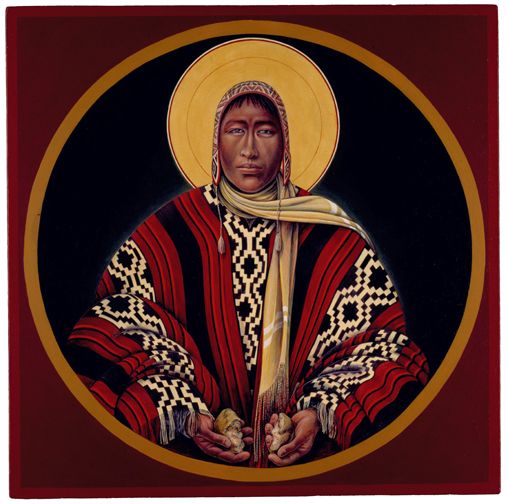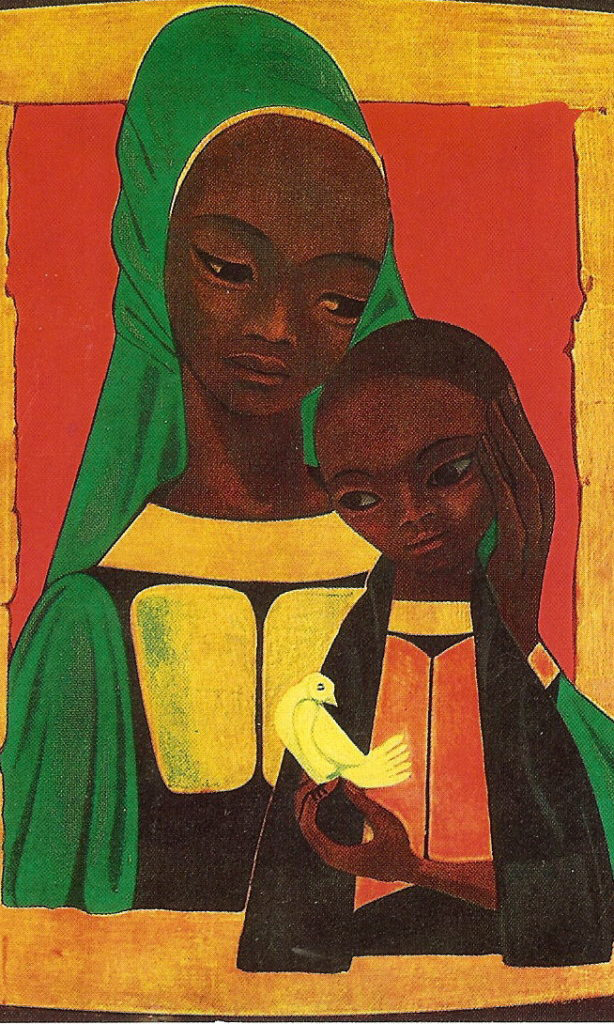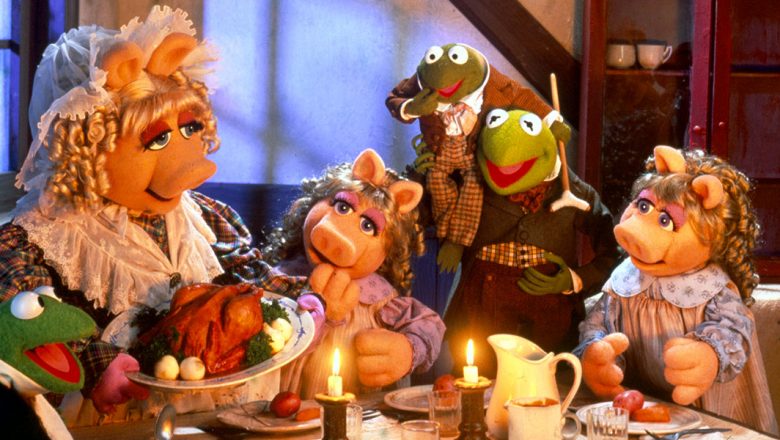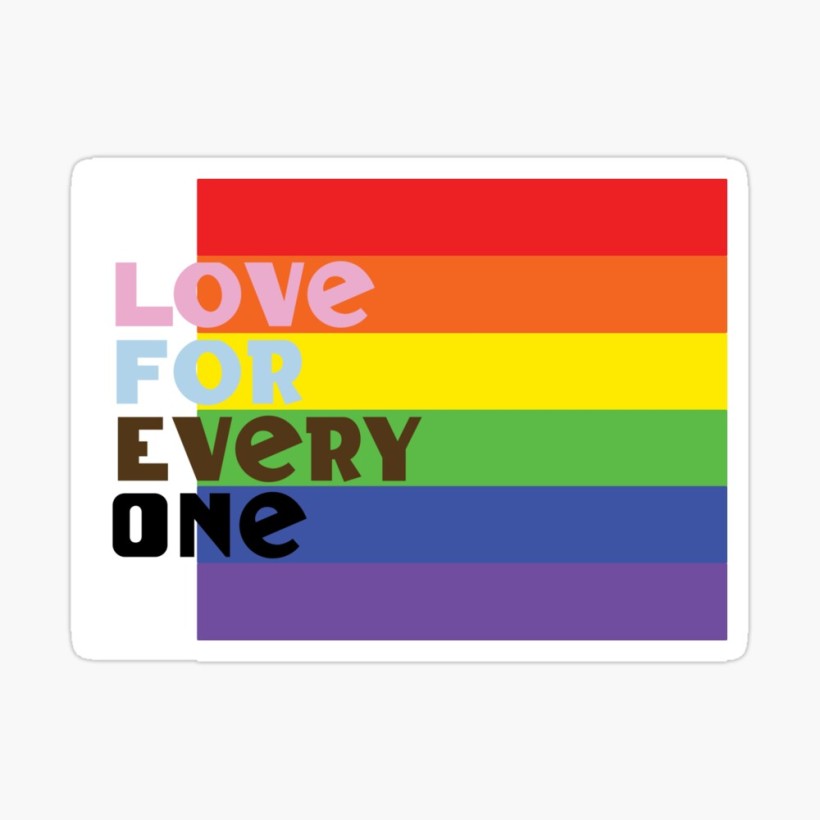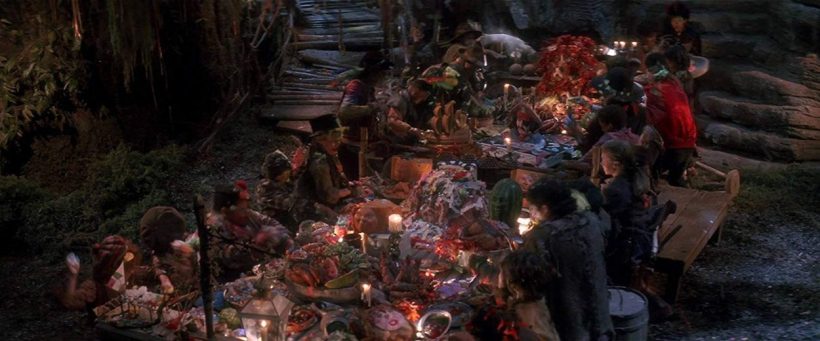Imagine this, if you will.
You are a child. A very small child. Learning to walk. Talk. Play. Waking up daily to the marvelous sights and sounds of a world that is constantly opening itself up to you.
But one night your parents pull you into their laps to tell you that this world of wonder is not what you think. In fact, there are other people who think that you do not deserve to exist because of the way you were made. And, whether it is fair or not, you will have to protect yourself. You will have to learn how to talk them down when they are upset. You will have to learn how to make yourself small and insignificant so they will not notice you. You will have to learn how to keep them happy and ensure that their comfort is your prime concern at all costs.
Otherwise… they might hurt you.
And as you grow from the small child that you are, you learn that, in fact, all of these self-protection tactics and coping mechanisms can only do so much. Because the reality of this world is that these people will always, always find ways to hurt you.
In tiny and small ways that seem covert and insignificant to some.
In huge and large ways that are so blatant you wonder how so many can ignore them this time.
And if you speak up to defend yourself or you share your story, often you will find that you get gaslighted and told that it was somehow your fault. It is your problem to handle. It is just how the world is.
Get over it. Move on. Pull yourself up by your bootstraps – as you lay bloody and battered on the ground.
We are told that there are two types of people in this world: those who look at all the world’s problems and say it doesn’t effect me, so why should I care; and those who see a problem and say that shouldn’t happen to anyone. But the truth is that there is a third kind of people, a group running rampant, who believes that it is their job to make the “different” suffer and disappear.
It should not be this way. It does not have to be this way.
We were not made to live this way.
But the only way it changes is when the stories continue to be told and shared. When we call out the gaslighting as it happens. When we refuse to accept that these protection tactics and coping mechanisms are the only way, blow them out of the water as adults and intentionally teach the new generation a different way of being in the world. When all of us “different” humans adamantly choose to support one another and will not let others separate us. When we are careful to learn and listen before speaking. When we celebrate the wondrous variety and emphasize it and break the systems of conformity that have bound this world for so long.
And maybe religion has nothing to do with it and maybe it does. Every religion has violence and horror in its history. My own is no exception. So a whole lot of humans would like to throw it out the window.
Yet I find that as we turn the final corner and enter the last week before the holiday remembering the birth of a little baby that supposedly changed everything (even if it’s poorly placed), the story of that child and his family was not of ruling powers and domination the way many in this world wish. It starts with an unwed teenage mother and a people who are living with occupying armies on land that they have existed on for centuries. There is a barren couple who gets preggers and an unlikely stepdad who is a poor tradesman (definitely not a Stepford family). When the baby arrives they welcome the lowest social class to the birthday party (the ones who smell). Then a whole bunch of foreigners of a different religion, who get lost along the way, show up five years later and cause a mass slaughter of children by the ruling king of the time to a point that the child and his parents have to become refugees. And when the two babies grow up, one becomes a hippie living in the desert who pisses off the king of the land by calling him out on his affairs; and the other one, the one who “changed the world,” gets arrested for blasphemy and sedition for repeatedly challenging the temple leaders and other politicians by name and breaking all the traditional “rules.”
Now, I happen to be someone who believes that baby did come to change the world. And I believe the circumstances of his birth show us entirely what and who God actually cares about – and it’s not the rich and powerful and traditional and perfect. It’s all the misfits and unlikelys and outcasts and unwanteds. That is who God seeks out. And that is who God stands with.
Because God is Love. And Love wins.
But even if you don’t happen to believe all of that, you can count on this: the better world we all seek still lies with this statement – real love requires justice and equity. And that is the love that will win in the end.
Artwork: ”Embroidered Borders” by Nicolette Peñaranda, “Two years before the birth of Jesus, during the Pax Romana, one of the worst public executions happened a half day’s walk away from where Mary grew up.She came of age during a time of occupation, more than likely unable to recall a time of true peace and liberation. Mary’s song rings of a dream that not only she but her ancestors dreamed of, and she would be the one to give birth to the savior of her people. Fast forward thousands of years and the same land where Mary grew up is still being occupied. One can imagine that the cries for liberation and the prayers for justice still ring down the streets of Bethlehem. To me, Mary’s song of praise is still valid for the women of Palestine and for the people who still raise their children under the duress of war and occupation. This image is a nod to Palestine. The background operates as a foundation, built with the colors of the Palestinian flag and with collaged scriptures that celebrate women. Elizabeth and Mary are both in Palestinian regalia but from different generations. Elizabeth, centered and holding her belly, is in an outfit inspired by a photograph of a woman from Ramallah, dated sometime between 1929-1946. This was intended to emphasize the generational differences between the two. Mary, on the other hand, is in more contemporary Palestinian fashion. A stipple effect was used to highlight the intricacy of Palestinian embroidery in both garments. What felt important to me is the placement of Mary and Elizabeth. Rarely does Elizabeth get to be the center of the story, as her pregnancy becomes an accompaniment piece to the birth of Jesus. But here, Elizabeth is in the foreground. She gets to be the star while Mary places her arms around her, comforting her, and proclaiming the good news of what is to come. Mary is the hope that we see in all youth.

